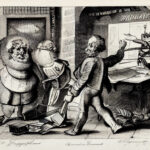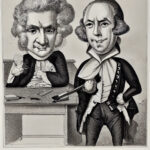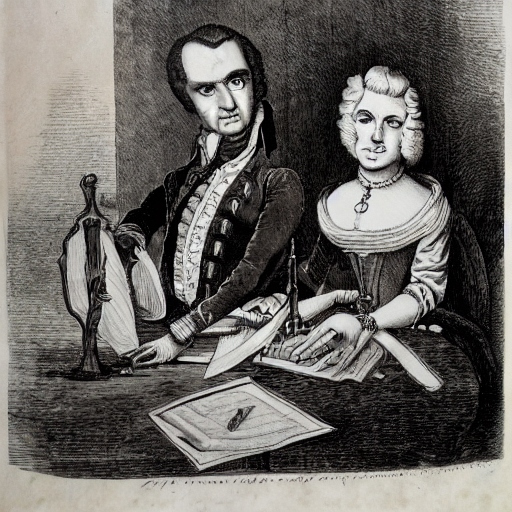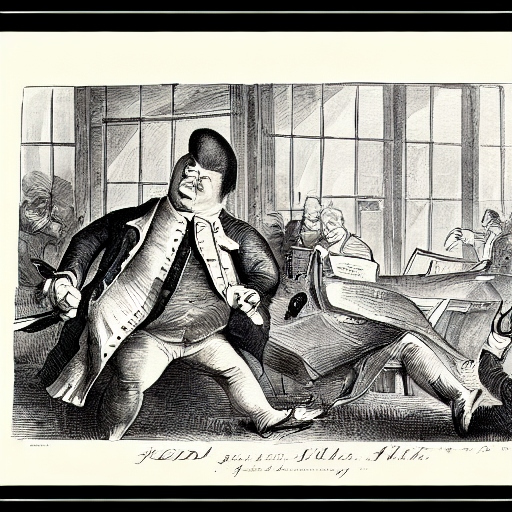What is a Recession
An economic recession is a period of time during which a country’s economy experiences a downturn. It is characterized by a decline in economic activity, as measured by gross domestic product (GDP) and other economic indicators such as employment, trade, and investment.
During a recession, businesses may see a decline in profits, which can lead to layoffs or reduced hours for workers. Consumers may also cut back on spending, which can further impact businesses. As a result, the overall level of economic activity in the country slows down, leading to a decline in GDP.
Several factors that can contribute to an economic recession.
-
- A decline in consumer spending: If consumers cut back on spending, businesses may see a decline in demand for their products or services, which can lead to a decline in profits.
-
- A decline in business investment: If businesses are uncertain about the future, they may be less likely to invest in new projects, which can lead to a decline in economic activity.
-
- A decline in exports: If a country’s exports decline, it can lead to a decline in economic activity as businesses that rely on exports may see a decline in demand for their products.
-
- An increase in the cost of borrowing: If the cost of borrowing money increases, businesses and consumers may be less likely to take out loans, which can lead to a decline in economic activity.
-
- A decline in housing prices: If housing prices decline, it can lead to a decline in economic activity as people may be less likely to buy or sell homes, which can impact the construction and real estate industries.
Significant economic recessions in the history of the United States
There have been several significant economic recessions in the history of the United States. Some of the most notable include:
-
- The Great Depression: This was the most severe economic recession in modern history, lasting from 1929 to 1939. It was caused by a combination of factors, including overproduction, a stock market crash, and the collapse of the banking system. The Great Depression had a significant impact on the global economy and led to widespread unemployment and poverty.
-
- The Recession of 1957: This recession was caused by a combination of factors, including a decline in defense spending and a slowdown in the housing market. It lasted for about eight months and was relatively mild compared to other recessions.
-
- The Recession of 1960: This recession was caused by a decline in defense spending and a slowdown in the housing market. It lasted for about six months and was relatively mild compared to other recessions.
-
- The Recession of 1969-70: This recession was caused by a combination of factors, including a decline in defense spending, rising oil prices, and a slowdown in the housing market. It lasted for about 16 months and had a significant impact on the economy.
-
- The Recession of 1973-75: This recession was caused by a combination of factors, including rising oil prices, a decline in defense spending, and a slowdown in the housing market. It lasted for about 16 months and had a significant impact on the economy.
-
- The Recession of 1981-82: This recession was caused by a combination of factors, including rising interest rates, a decline in defense spending, and a slowdown in the housing market. It lasted for about 16 months and had a significant impact on the economy.
-
- The Great Recession: This was a severe economic recession that lasted from December 2007 to June 2009. It was caused by a housing market bubble and a financial crisis, and had a significant impact on the global economy.
Overall, an economic recession is a period of economic downturn that is characterized by a decline in economic activity, as measured by GDP and other economic indicators. It can be caused by a variety of factors, including a decline in consumer spending, a decline in business investment, and a decline in exports.







